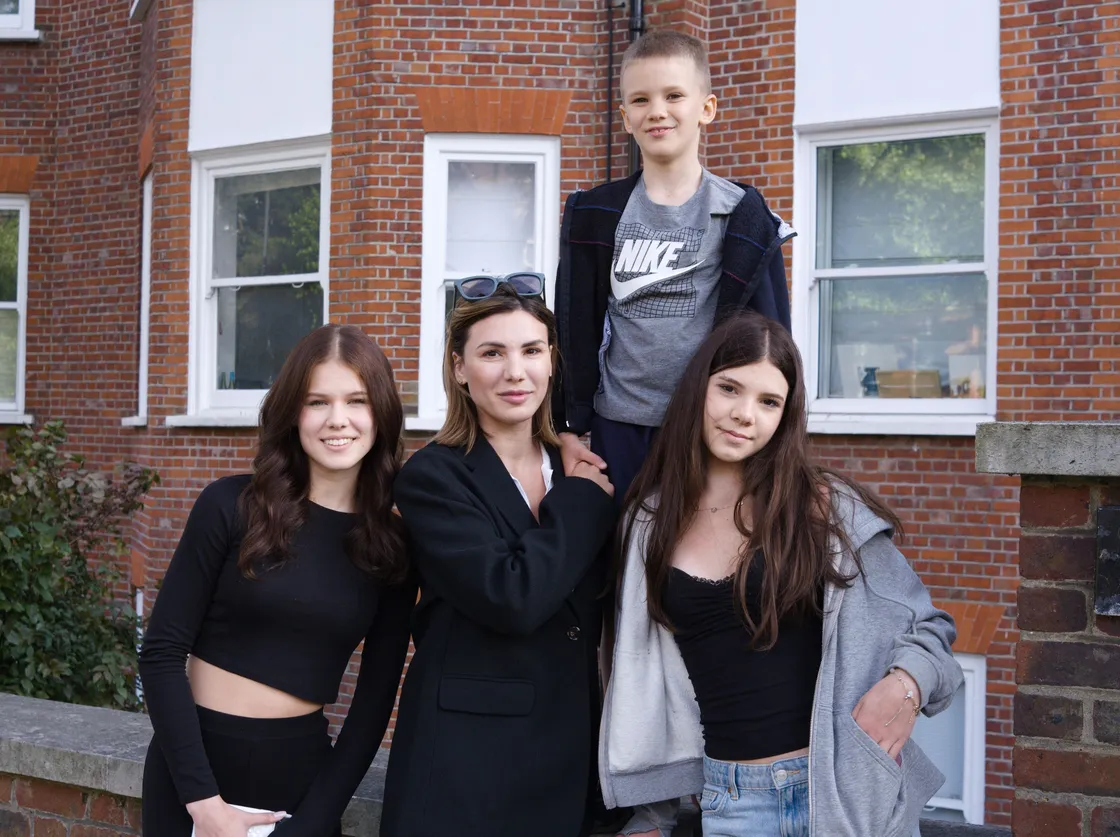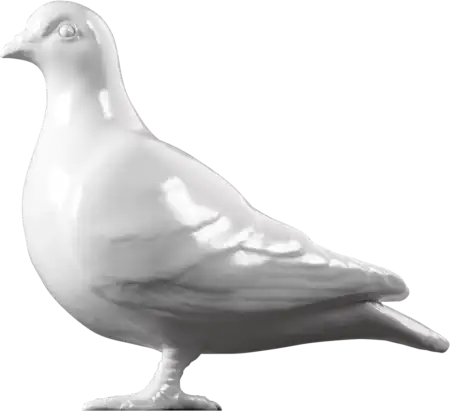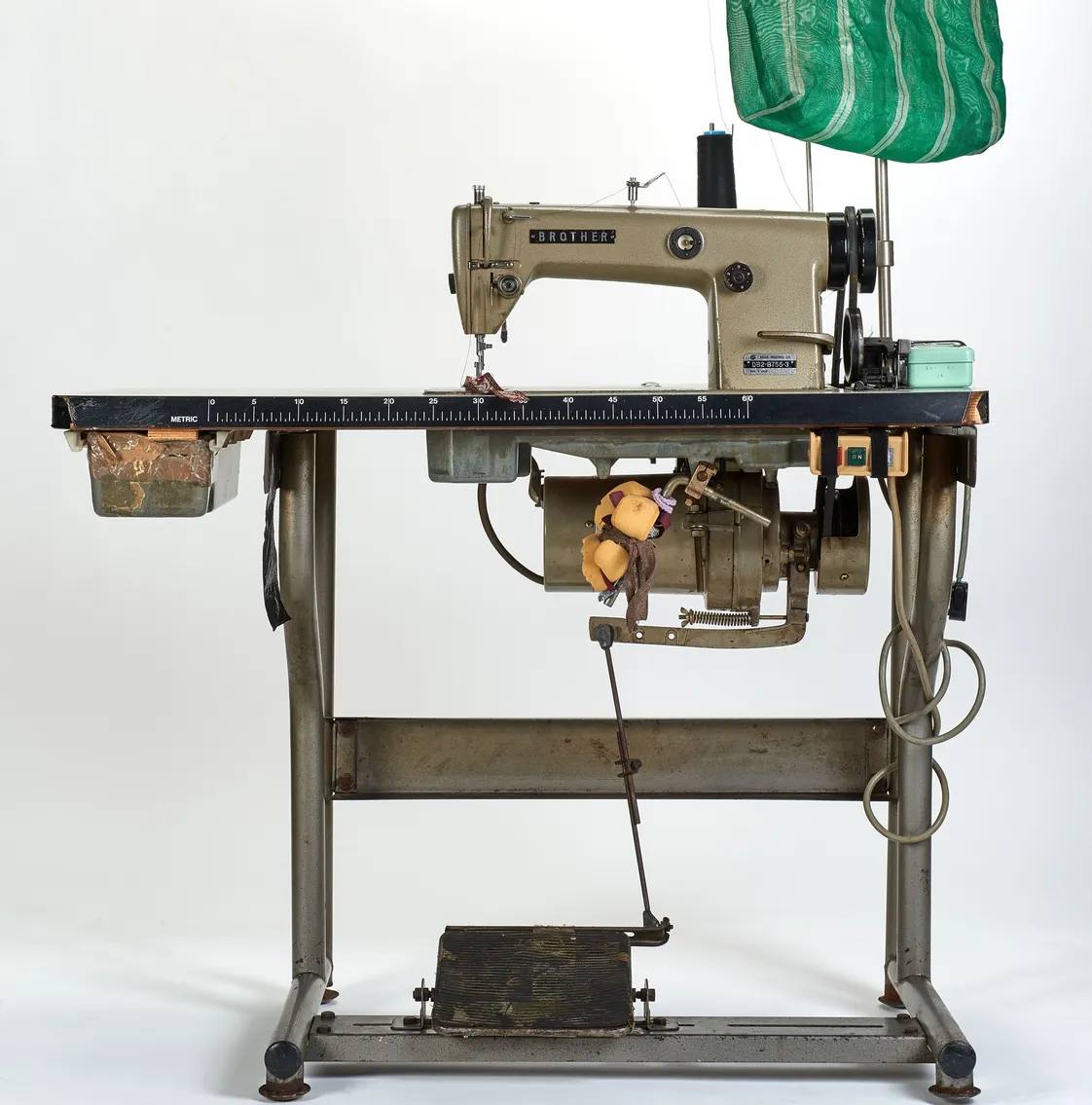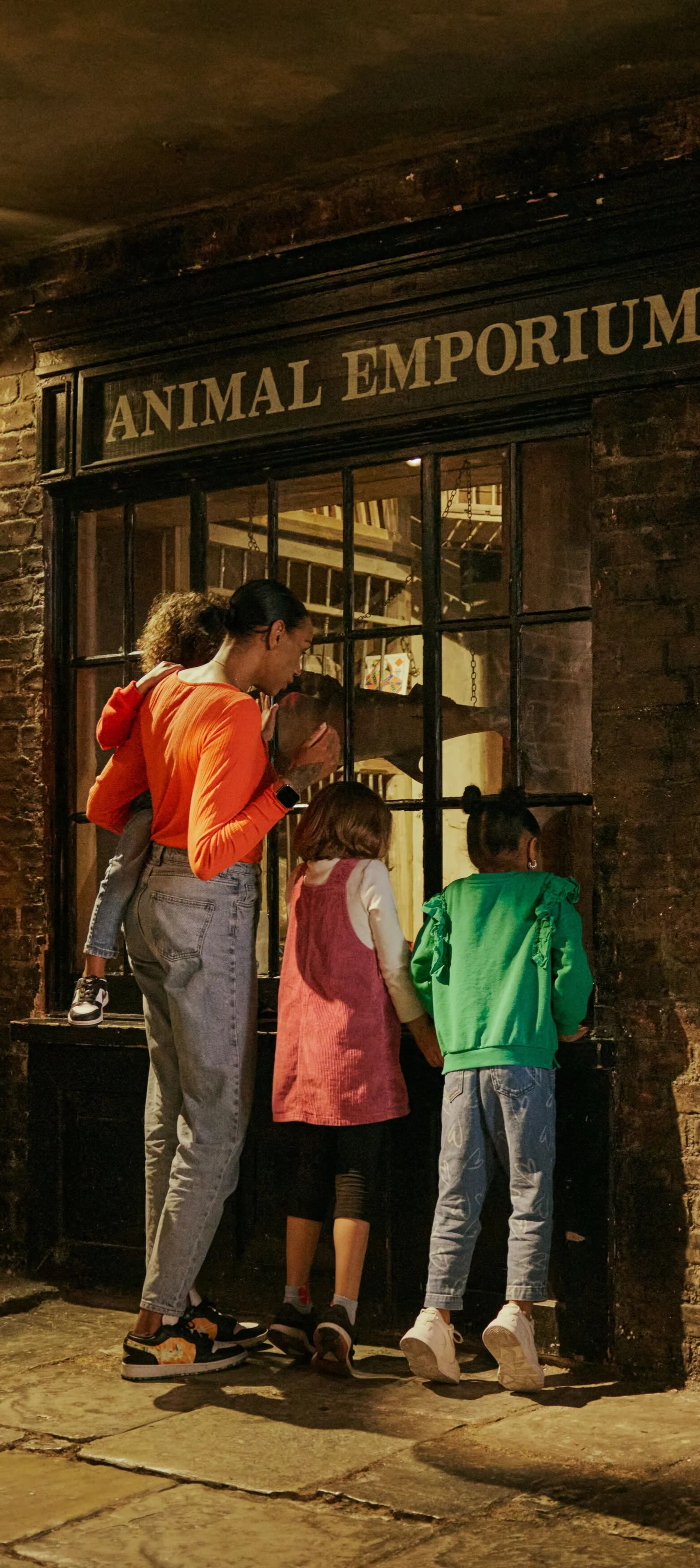10 June 2025 — By Olga Danylyuk
From Ukraine to London: Home away from home
Following Russian invasion of Ukraine in February 2022, hundreds of thousands of people were forced to flee their homes. Many seeking refuge in the UK. Researcher Olga Danylyuk examines how two refugee women redefine ‘home’ and rebuild their identities in displacement.
What sounds remind you of home?
What does it mean to miss home?
Home is not just the location or place, it’s a multisensory experience, in which, as some studies suggest, the sound is the most missed.
My project, ‘Visceral Impact of Distant Memories’ at the Royal Central School of Speech and Drama, explores how sounds reactivate emotional memories. As part of this, I spoke to Olena Chuiko and Inna Kanazirska. Both came with their families from different parts of Ukraine and are now staying in London. Their memories of home travelled with them. Now, they’re building new memories as Londoners.
“I hear explosions. I hear my heart beating hard...Fires are everywhere... I am in shock”
Olena Chuiko
Olena and Inna are among several hundred thousand Ukrainians, who arrived in the UK after the war started as part of a Home Office resettlement scheme.
As of December 2024, there were around 254,000 Ukrainian refugees in the UK. Just over 220,000 arrived under the family and sponsorship schemes. At least 17% of them initially arrived in London, mostly women and children, as men aged 18–60 are forbidden to leave the country. As of April 2024, the UK accounted for the fifth-highest number of refugees from Ukraine.
The sounds of war
Along with the other participants in the project, both Olena and Inna recall sounds of the home they’ve lost – of peace, affection and the objects that bring comfort. The outbreak of war brought everything to a standstill. Many Ukrainians had initially stayed in their homes, believing the war wouldn't last long.

Olena and her family in their basement in Irpin, after the war had started in February 2022.
Olena recalls the first day of war: “I hear explosions. I hear my heart beating hard...There is a military airbase nearby (in Irpin). I suspect it is under attack. Everyone else is still asleep.”
In times of war, sound becomes everything – the haunting wail of air raid sirens, the deep rumbles of explosions, and the earnest prayers echoing in the air.
“When the sirens begin, we go to the basement,” Olena recounts. “It’s terrifying, helicopters and planes flying very low, the horror of not knowing whether they are Ukrainians or Russians... No gas, no electricity, no mobile phones, no internet… Fires are everywhere... I am in shock… We are in the basement praying aloud. I’ve never prayed like this in my life.” Her audio account is now part of the project.
Arriving in London
To fully comprehend the experience of Ukrainian refugees like Olena, we must first recognise that trauma is not merely a past event but a continuing presence that manifests through emotional memory.
A ‘green corridor’ was organised by the Ukrainian army to evacuate people in February–March 2022. Olena missed that window, but eventually managed to make her way to safety.
“When I arrived in London, I felt a deep sense of emptiness…my thoughts and connections were still rooted in home. While I felt a sense of safety here, with no shelling or explosions, I couldn’t shake my worries,” shares Olena.

Olena, her children and her sister Marina’s family get together for a street party celebrating Queen Elizabeth II’s Platinum Jubilee in 2022.
She reconnected with her sister, already a UK resident, under the UK family scheme and brought along her daughter and two grandchildren. They’re currently renting a place in London, while keeping tabs on the situation back home in Irpin.
“The level of support we got in London was overwhelming,” she says. A trained psychologist, Olena later joined the Ukrainian Art Hub, a community organisation, where she began providing psychological support to Ukrainian refugees. “This activity turned out to be so helpful for both me and the group.”
Navigating a new culture
Inna Kanazirska, the other project participant, moved from Odessa to London in April 2022, accompanied by her three children. They were welcomed by Anna and Ashley, who hosted them for a year in their home. Anna, who has Russian roots, greeted them at the airport.
Like Olena, Inna talks about the comforting sense of safety, but also an uncertainty of the unknown. The initial period was hard, especially for Inna’s children – two daughters, 12 and 9, and four-year-old son.

Inna and her kids in front of their apartment in London.
“A new school, a different language, no friends. But step by step, everything began to change. We started to meet people who made us feel warm and welcome. We learned new routes, discovered new traditions, and made our home cosy. We began to understand and accept a new culture while holding on to our own,” Inna shares.
Searching for the familiar
This concept of trying to find the familiar in the unfamiliar is common to migrant communities. A 2023 London Museum project, London Eats, traced the experience of a Syrian family. They would travel from south-east London to the north-west part of the city in search of ingredients to prepare authentic Syrian dishes for Eid al-Fitr, a major Islamic festival marking the end of Ramadan.
Similarly, Olena celebrated a traditional Ukrainian Easter in 2025 in London. Her family came together to go to church with a basket full of Easter foods, such as bread, eggs, meat, cheese, salt and horseradish, to be blessed by the priest.
Back at home, in London, the family exchanged greetings. And the kids smashed beautifully decorated eggs, called pysanky (dyed eggs), against each other. It’s a popular Easter game in Ukraine, wherein the last one standing is believed to be fortunate for the year.
Challenges of being refugees
Ukrainian refugees for the most part had smooth experiences with their British hosts. However, some found it difficult to navigate the personal space in their host’s home, others tried hard to fit in but couldn’t. The dependence on the generosity of their hosts was sometimes stressful.
There was also a scepticism about the Homes for Ukraine scheme, faced by other participants of the project. They were made to feel that many Ukrainians were coming to London to take advantage of free accommodation, not to save their lives.
“Moving taught us one crucial thing: home is not just a place. Home is where you feel safe”
Inna Kanazirska
Some refugees had to change four to five host families, eventually finding that renting their own accommodation, provided by local councils, was less stressful.
On the other hand, Inna’s hosts have continued to help and support her and her kids. A beautician by trade, she successfully got her certification and began working in 2023. They continue to stay in another apartment owned by their host, who have since hosted more Ukrainian people in their own house.
Hanging on to traditions, and building anew
The journeys of Ukrainian refugees in the UK are characterised by profound challenges but also remarkable resilience. Leaving their country while others remained to fight has left them with complex feelings of guilt and responsibility.
Ukrainian refugees maintain strong ties with their home country. Family traditions, religious celebrations and national music hold a special place.

Two women sing Ukrainian folk songs during a workshop.
During the various workshops for my project, the heartfelt longing for home was beautifully expressed through folk songs that we often improvised together. Sound, in the form of music, offers a path to healing, addressing intimate and personal aspects of human existence.
Reflecting on their experiences, Inna says, “Today, England is our home. We still carry our love for Ukraine in our hearts, but now we also have a second source of strength. Moving taught us one crucial thing: home is not just a place. Home is where you feel safe.”
Olga Danylyuk is a theatre director, dramaturg, producer, curator, and currently British Academy Researcher at Risk Fellow at the Royal Central School of Speech and Drama (RCSSD), London. This article stems from her project, ‘Visceral Impact of Distant Memories’, which explores the role of imaginal in perception. How memories are pieced together from the sounds of everyday, of mundane existence and ruptures, the haptic memories of surfaces and objects. The project was funded by RCSSD’s Partnership Development Fund.








